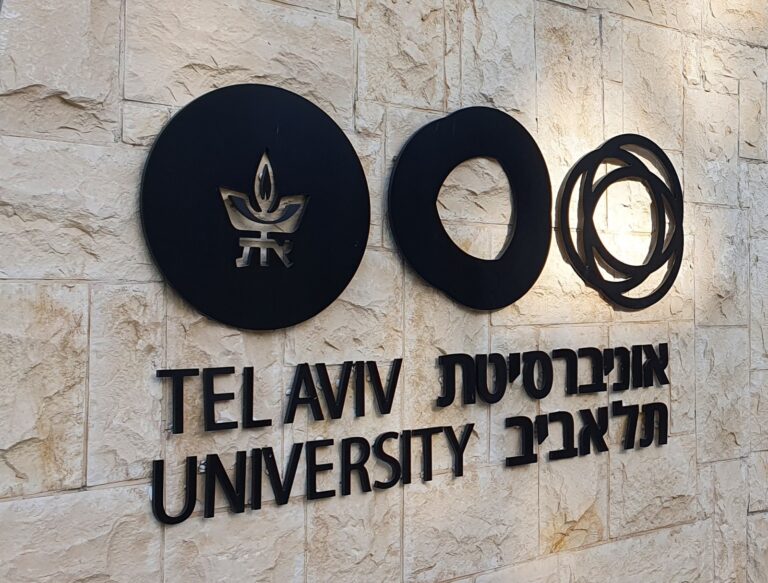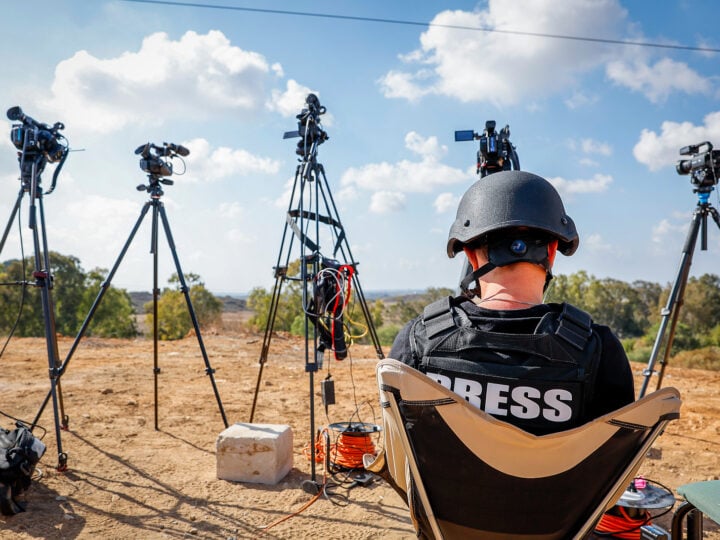A clinic dealing with post-trauma and related mental-health disorders was set to be inaugurated in Tel Aviv University in about two years’ time. But due to the urgent need for treatment following the October 7 massacre and Israel-Gaza war, it has now been launched on temporary premises to aid those in need, said TAU President Prof. Ariel Porat.
The designated clinic serves as the therapeutic arm of TAU’s National Center for Traumatic Stress and Resilience, and combines research, training and intervention.
The first patients will be adults, including reserve soldiers referred to the center by the Ministry of Defense’s rehabilitation department, followed by additional programs for children, teens and families.

“Unfortunately, PTSD has become a nationwide affliction in Israel, and we as a university are aware of the needs of Israeli society, especially now, at one of the most difficult times we have known as a country and as a people,” said Porat.
“We intend to bring relief and new hope to thousands of soldiers and civilians emotionally impacted by the massacre and the war.”
The goal of the center, according to the university, is to enable an immediate therapeutic response to as many patients as possible and bolster Israel’s seriously strained mental-health system. Civilians turning to the center will pay only a nominal fee.
“I served in the IDF for 25 years, including almost a decade as commander of the unit for PTSD – during and after the Second Lebanon War and the ensuing operations Cast Lead, Pillar of Defense, and Protective Edge. Based on my experience, I know that a great professional challenge awaits us,” said Dr. Ofir Levy, the head of the clinic.
“Our mission is founded upon our will and ability to provide the best and most effective care to those who seek our help,” said Ofir-Levy.
“To this end, we have recruited therapists specializing in PTSD with many years of experience in treating various kinds of trauma and implementing diverse methods of therapy. Together with senior clinicians from TAU’s schools of Psychological Sciences and Social Work, we have formulated a treatment policy adapted to the various stages of trauma, to enable a response to different populations.”
Fighting for Israel's truth
We cover what makes life in Israel so special — it's people. A non-profit organization, ISRAEL21c's team of journalists are committed to telling stories that humanize Israelis and show their positive impact on our world. You can bring these stories to life by making a donation of $6/month.








